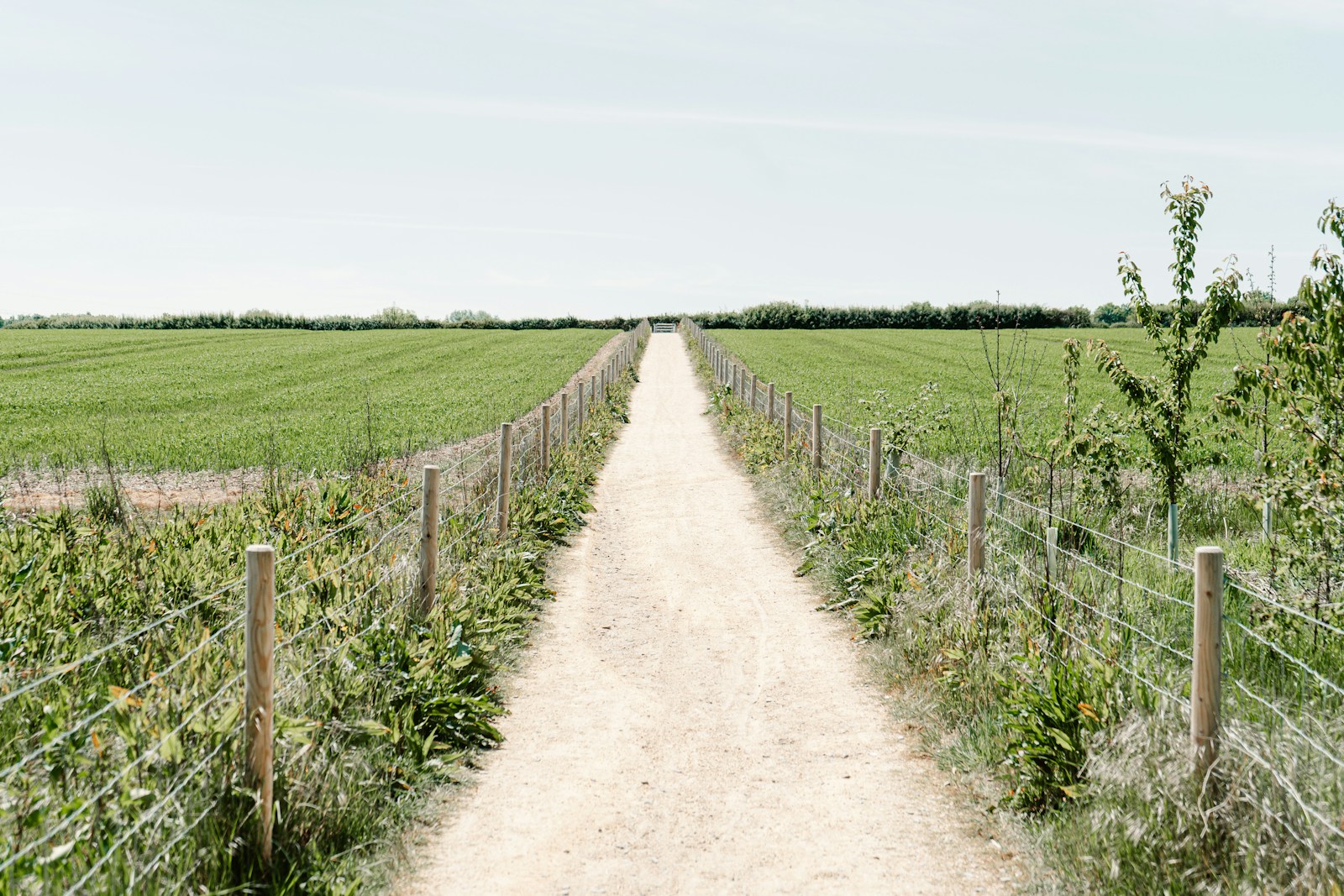When it comes to choosing the right fencing for livestock, it can feel like navigating a maze of conflicting advice, varied materials, and complex design choices. The safety, security, and well-being of animals are pivotal, and the wrong choice could lead to injury, escape, or unnecessary expense. Therefore, it’s important to deliberate on several key factors before you commit to a fencing solution that suits your farm’s needs.
Understand Your Livestock
The type of livestock you have is the first consideration. Different animals have different fencing needs. Cattle, for example, generally require strong fencing such as high tensile wire or wooden fences. Goats are notorious escape artists and need secure, tight fencing that prevents them from squeezing through gaps or climbing. Poultry needs a different approach to prevent them from flying over the fence and to protect them from predators.
Taking note of your livestock’s behavior and size will guide your fencing choice. Some animals, like horses, are more prone to getting frightened and injuring themselves on fencing, so smooth wire, wooden boards, or vinyl rails that offer high visibility are better choices.
Consider the Terrain
The lay of your land is a significant consideration when setting up fences. Flat terrain is the easiest to fence, but if your land is hilly or uneven, you’ll need to choose flexible fencing options that can handle the changes in elevation. Additionally, check for any natural boundaries that can be used to your advantage, like rock walls or thick hedges, as these can sometimes form part of your fencing strategy.
Material Matters
Fencing materials can range from wood and wire to plastic and electric. Here’s a glance at the most commonly used materials:
- Wooden Fences: They are classic, strong, and can be aesthetically pleasing but can be expensive and require regular maintenance to prevent rot and wear.
- Wire Fencing: High tensile, woven wire, barbed wire, and chain link are budget-friendly and relatively low-maintenance options. High tensile wire fencing, when electrified, can be particularly effective.
- Electric Fencing: This can be a cost-effective and flexible option but requires consistent power to be effective and regular checks to ensure the system hasn’t been grounded.
- Synthetic Materials: Vinyl and other synthetic fencing materials are becoming more popular due to their low maintenance and clean look, but they can be less durable and more expensive than other options.
Choose a material that will stand up to the environmental conditions of your property, whether that’s extreme cold, heat, or moisture.
Budget Concerns
Undoubtedly, the cost will be a central factor in your decision. It can vary widely based on the material you choose, the size of the area you’re fencing, and whether you’ll be installing the fence yourself or hiring someone. While higher quality materials like wooden fences or vinyl might be more costly upfront, they can save money in the long term through reduced maintenance costs and greater durability.
Conversely, while wire fences might be cheaper, they may need more frequent repairs or replacements. Therefore, it is wise to assess the long-term cost implications alongside the initial outlay.
Maintenance and Longevity
Some fences are virtually maintenance-free once installed, while others require regular attention. The longevity of your fence will also depend on the chosen material and on the climate and terrain of your farm. Evaluate how much time you are willing or able to invest in fence maintenance as you make your choice.
Check Local Regulations
Before erecting any fences, check local planning regulations and neighborhood rules if applicable. Sometimes there are restrictions on the types of materials that can be used, fence heights, and boundary line requirements.
Security and Predator Control
Take into account any local wildlife or stray dogs that could pose a threat to your livestock. Your fencing choice should work to keep your animals in and predators out. Electric fencing can be particularly effective in deterring predators, but the design needs to consider the types of predators common to your area, also keep in mind the specific regulations on electric fencing in the UK.
The choice of the right fencing for your livestock involves a careful balancing of these factors with the unique needs of your farm. With thoughtful consideration, your fencing can provide years of reliable service, keeping your animals safe and secure. Remember that the best fence is the one that fits your specific circumstances and the needs of your animals. Choose wisely, and your livestock fencing will be an investment that pays dividends in the health and productivity of your farm.
